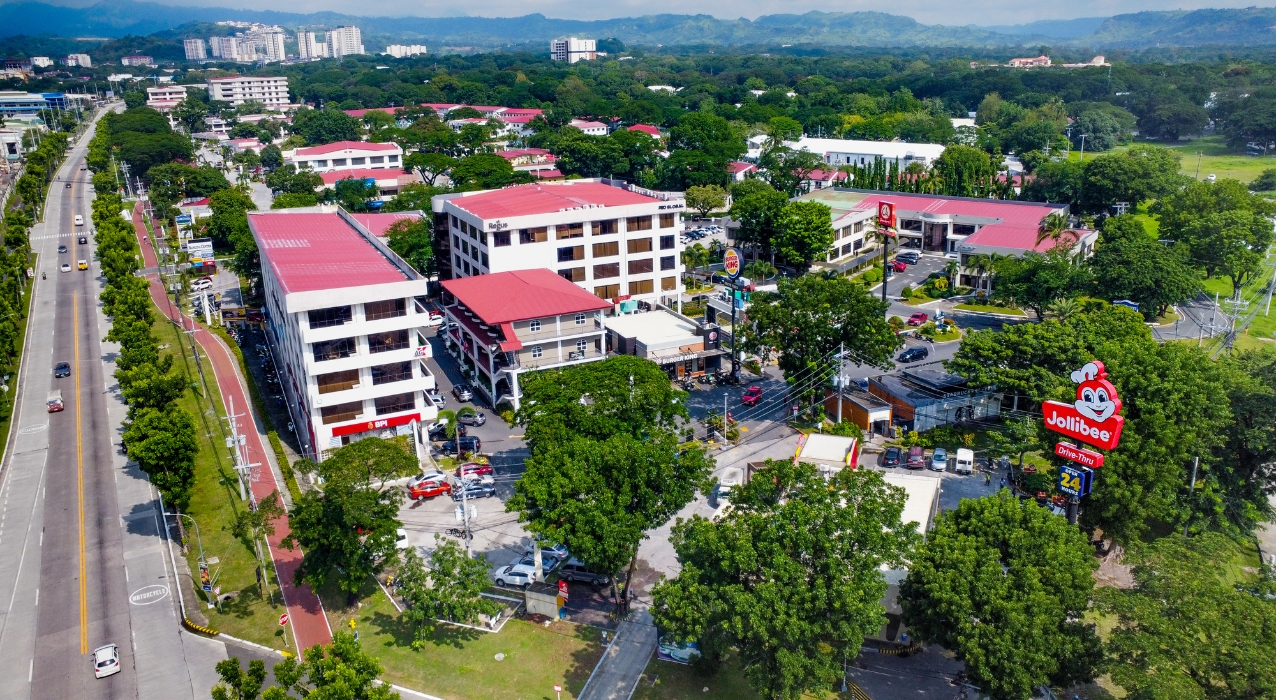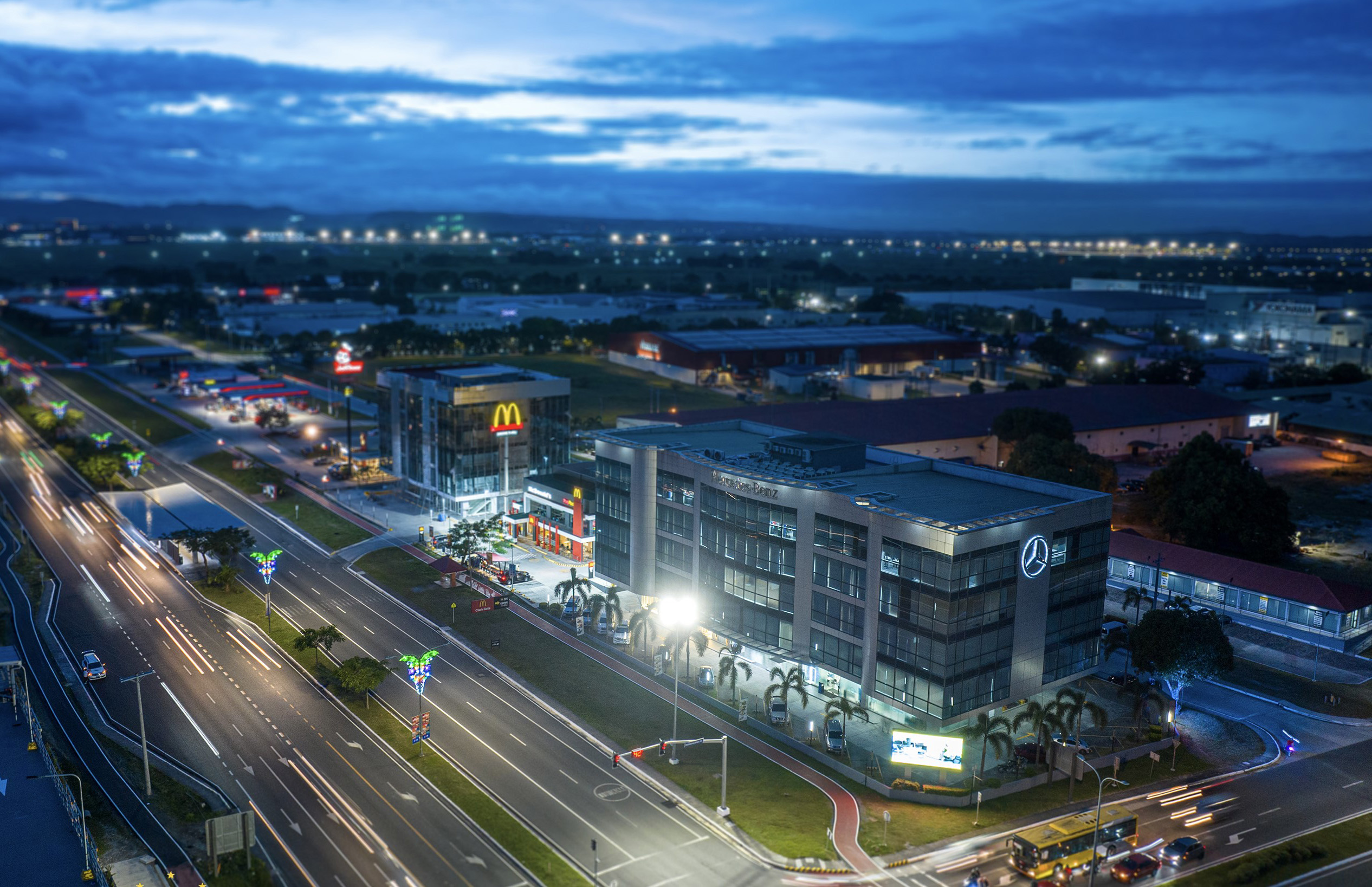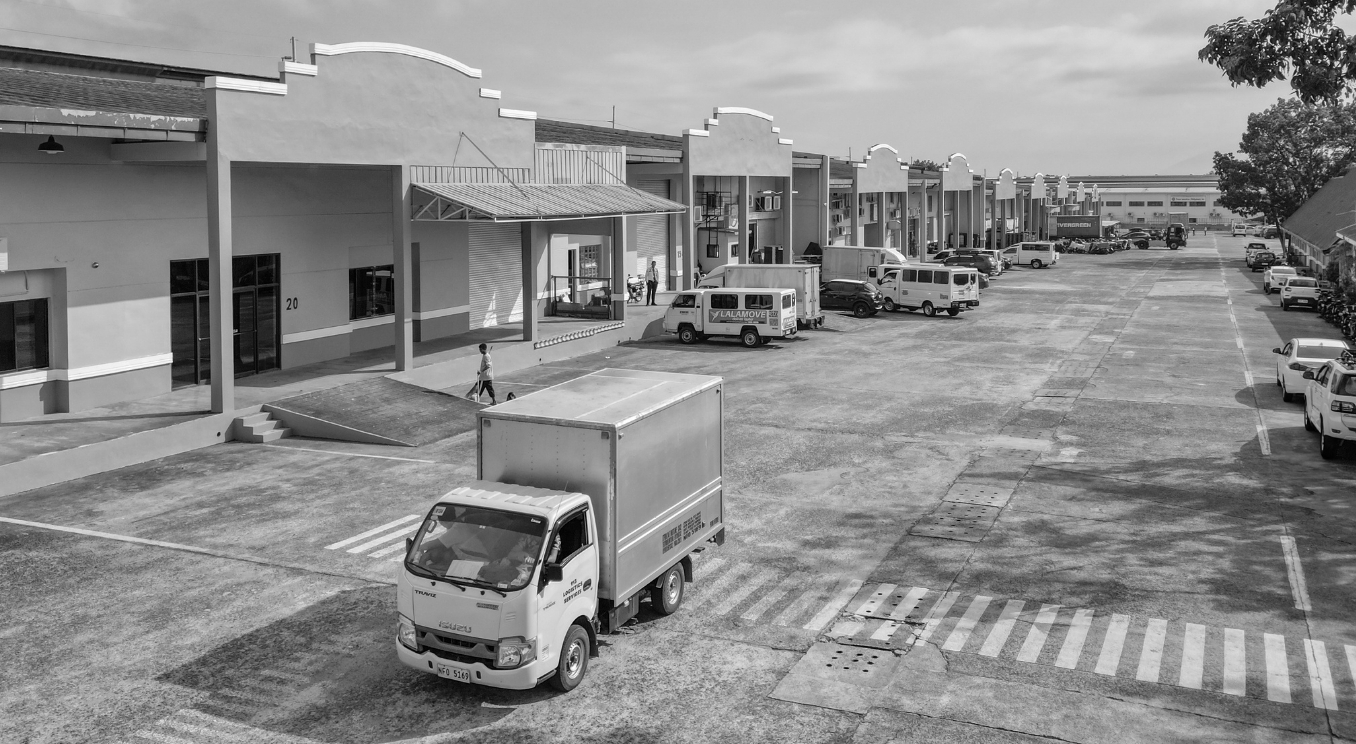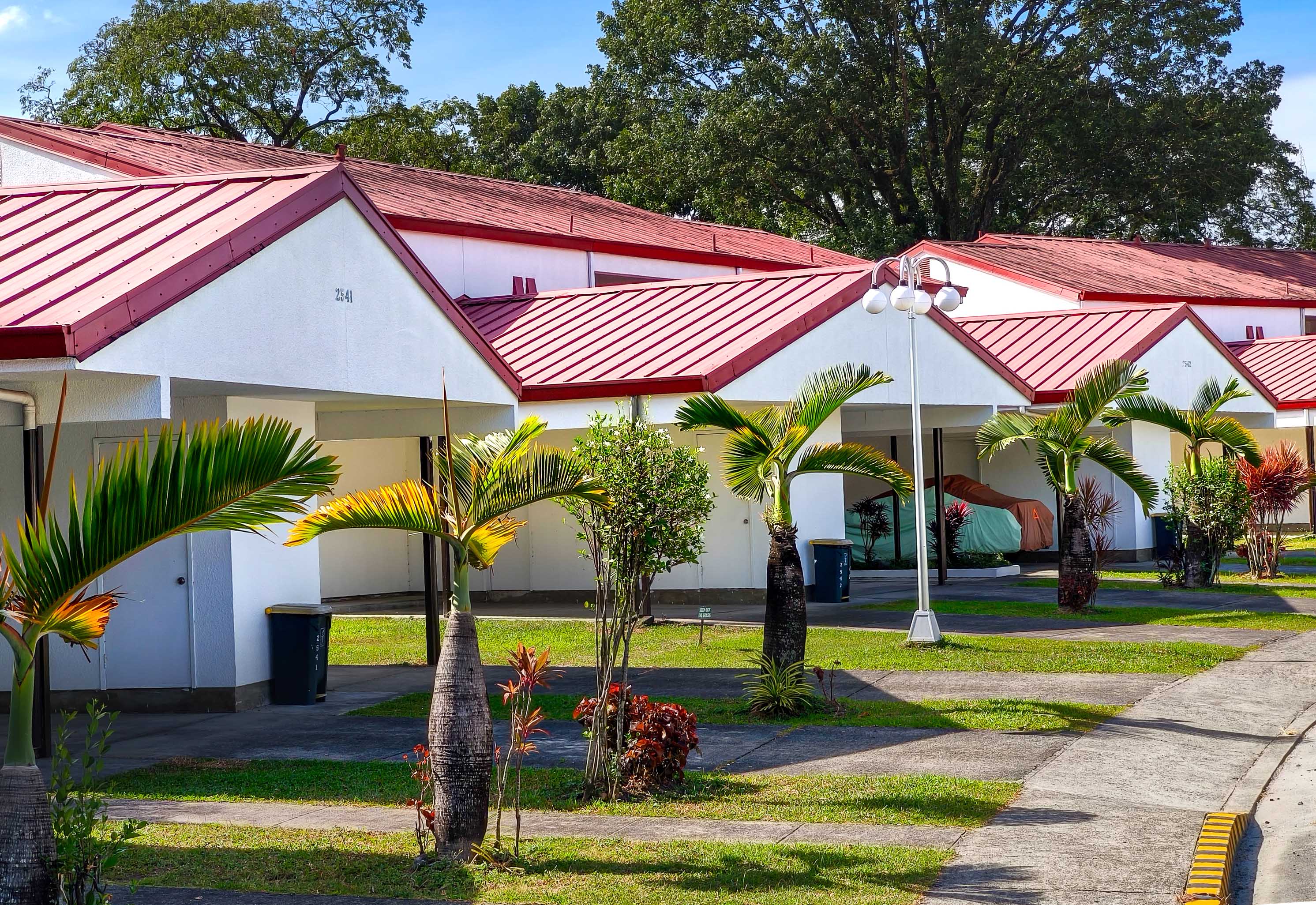Clark is the best investment and tourism destination in the Philippines today. And perhaps in the whole of Asia.
Filipino investors should take a serious look into it – now. Otherwise, foreign locators are about to take it over, for themselves, for their people, for their countries.
The South Koreans are leasing Clark lands by the hundreds of hectares (at bargain rates of $3.50 per sqm or less, for terms as long as 99 years), converting them into sprawling factory sites, hotel-casino-golf courses and shopping malls that rival the huge shopping palaces of SM and Robinsons in Metro Manila, 84 kms south of Clark.
Clark as a destination for the world’s factories and travelers is spread over 35,000 hectares of prime land just an hour’s drive from Quezon City, and cheek by jowl to Subic, the expansive deep blue water port coveted by navies of the major powers. Clark is at the center of Central Luzon, home to the nation’s richest, most progressive provinces.
The 35,000 hectares of Clark land area have been cut up into four: the Clark Freeport under the Clark Development Corp. (CDC) with 2,200 hectares; the civil aviation complex of Clark International Airport, 2,347 hectares, of which 759 hectares are under the LIPAD Group of JG summit; the new Clark City, with 9,450 hectares and the rest, reserved for future strategic use.
Regional and global interest in Clark is seeing a resurgence because of recent developments:
1) The current tension in the West Philippine Sea with China, with the Americans committing their ironclad backing for Manila amid competing sovereign and sovereignty claims over 3.5 million sq kms of strategic waters in the Indo Pacific;
2) Donald Trump’s punishing tariffs on exporters, primarily China;
3) The shift to lower tariff areas like the Philippines to avoid Trump’s tariffs;
4) The looming shortages in factory lands in the region and
5) The booming tourism traffic in Asia, the world’s largest source of tourists.
Of course, not to be ignored is America’s assertion of its superpower supremacy and imperialist might in the Indo-Pacific amid the rise of China globally as a rival economic and military power.
As an investment destination, Clark offers exceptional opportunities for investors and businesses aiming to expand in the Philippines. Just four hours or less from major Asian capitals, Clark offers strategic location advantages, favorable tax policies, robust infrastructure and a skilled, English-speaking, easily trainable workforce.
At the same time, tourism, domestic and international, is booming in the future Asian aerotropolis. Last year, 2.5 million passengers flew in and out of Clark, under the LIPAD airport management of the JG Summit Group. Including domestic visitors and shoppers, Clark attracted 34 million warm bodies last year. Foot traffic at SM Clark, at over 100,000 daily, rivals the daily shoppers of bigger malls in Metro Manila.
With 35,000 hectares, Clark has half of Singapore’s 71,000 hectares of total land area. But Singapore has only 2,400 hectares for its Changi Airport complex and 1,784 hectares for its Central Business District. The two areas – Changi and CBD, totaling 4,184 hectares – are fully built up and have a difficult option for expansion.
Clark’s 35,000 hectares are thus 8.36 times bigger – for their potential as an aerotropolis (a metropolitan economy built around an airport) like Singapore. Aviation (with tourism) contributes $54.7 billion or 10.9 percent to Singapore’s GDP (gross domestic product), per IATA.
Being 8.36 times bigger than Singapore’s aviation-CBD hub, Clark has infinite potential to contribute easily up to 20 percent of Philippine GDP in the future.
Clark’s business and factory district under CDC covers 2,200 hectares. Some 2,367 hectares have been reserved for aviation hub development. Plus the 9,450 hectares of the emerging New Clark City, complete with wide fully lighted highways, thanks to Vince Dizon.
Behind the newfound strategic dynamism of Clark is lawyer Agnes VST Devanadera, the president and CEO of Clark Development Corp.
Devanadera was the chairperson of the Energy Regulatory Commission (ERC) from 2017 to 2022 during the Duterte administration. During the Arroyo administration, she was solicitor general, the first woman to hold the post. With president Gloria Arroyo, she served brief stints as secretary of justice.
Prior to holding national offices, Devanadera was a no-nonsense politician from Quezon province, a rock for hard times – and good times, thanks to her Jesuit Ateneo law training, the first woman mayor of idyllic Sampaloc town of Quezon, the national president of the League of Municipalities of the Philippines and the first woman solicitor general.
Under Devanadera, CDC has become the driving force behind the transformation of Clark Freeport Zone into a world-class investment and tourism destination.
“As the lead agency overseeing Clark’s development, we are committed to fostering economic growth, innovation and sustainable progress,” says the CDC CEO.
Through strategic partnerships, forward-thinking policies and continuous infrastructure improvements, CDC has positioned Clark as a thriving hub for businesses, industries and communities.
“Our efforts have led to significant milestones in job creation, environmental sustainability and global competitiveness, making Clark a beacon of progress in the Philippines,” Devanadera gushes. Clark is a powerhouse for tourism, culture and economic development.
* * *
Note: Albay Second District Rep. Joey Salceda lost the Albay governorship by one percent or 8,000 votes. The apparent winner, Noel Rosal, however, is permanently barred by the ombudsman from holding public office “due to grave misconduct, oppression and conduct prejudicial to the best interest of the service.”
Why did Joey, a three-term former Albay governor, lose? He couldn’t match the vote-buying prowess of some people. Which is proof that Joey is an honest guy.
Albay’s loss will be the private sector’s gain. With Ateneo management engineering and AIM MBA degrees, both with honors, Joey is one of our brainiest Filipinos. Offers have flooded his office.












